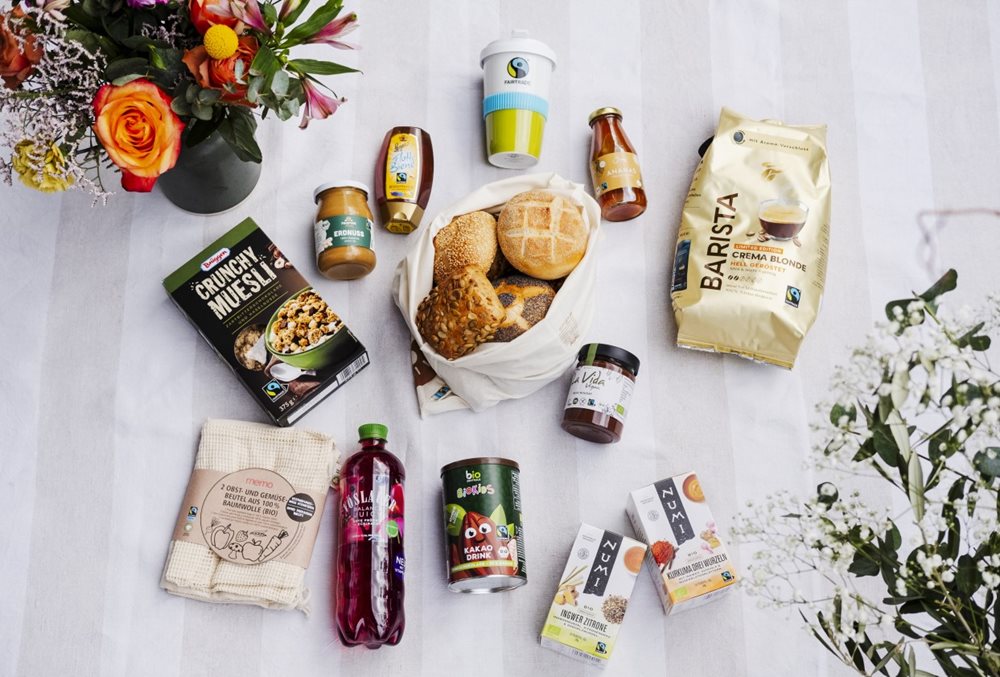Lisa Prassack will take up the role on 7 April 2025 and spearhead efforts to improve standards and trading conditions for the non-profit's 1.8 million farmers worldwide

More than 37,000 products globally feature the Fairtrade trademark | Photo credit: Fairtrade International/Facebook
Fairtrade International has appointed Lisa Prassack as its new CEO, effective 7 April 2025.
In a press release, the Bonn-based non-profit praised Prussack’s passion for shaping a brighter future for agriculture and driving positive impact for farmers.
“Lisa is a result driven leader with a strong strategic vision who will bring a wealth of knowledge and experience to Fairtrade. Her ability to navigate complexity and problem solve in global supply chains makes her the ideal candidate to lead Fairtrade now and in the future,” said Laurence Tanty, Chair of the Fairtrade International Board.
Fairtrade International implemented a single-leadership structure in December 2024 to streamline decision-making and accountability across its own operations and those of its 22 member organisations. Prassack will report to the Fairtrade International Board of Directors and succeeds Melissa Duncan, who has served in an interim role for the last three months.
After starting her professional career in marketing, Prassack joined energy data platform Tendrill as a Senior Director in 2012 before taking on the CEO role at Quebec-based LaserAg, which builds machine learning algorithms for soil and food supply chain analysis.
Since 2014, Prassack has also run her own advisory firm, Prassack Advisors, which supports tech start-ups to develop digital programmes which trace and supply metrics across the agri-food supply chain.
Founded in 1997, Fairtrade International promotes responsible business practices, fairer prices for farmers and better treatment for workers by ensuring companies pay a minimum stable fair price for products. The non-profit owns the registered Fairtrade trademark which appears on more than 37,000 products globally and currently works with 1.8 million farmers across 28 countries, including approximately 795,000 coffee farmers.